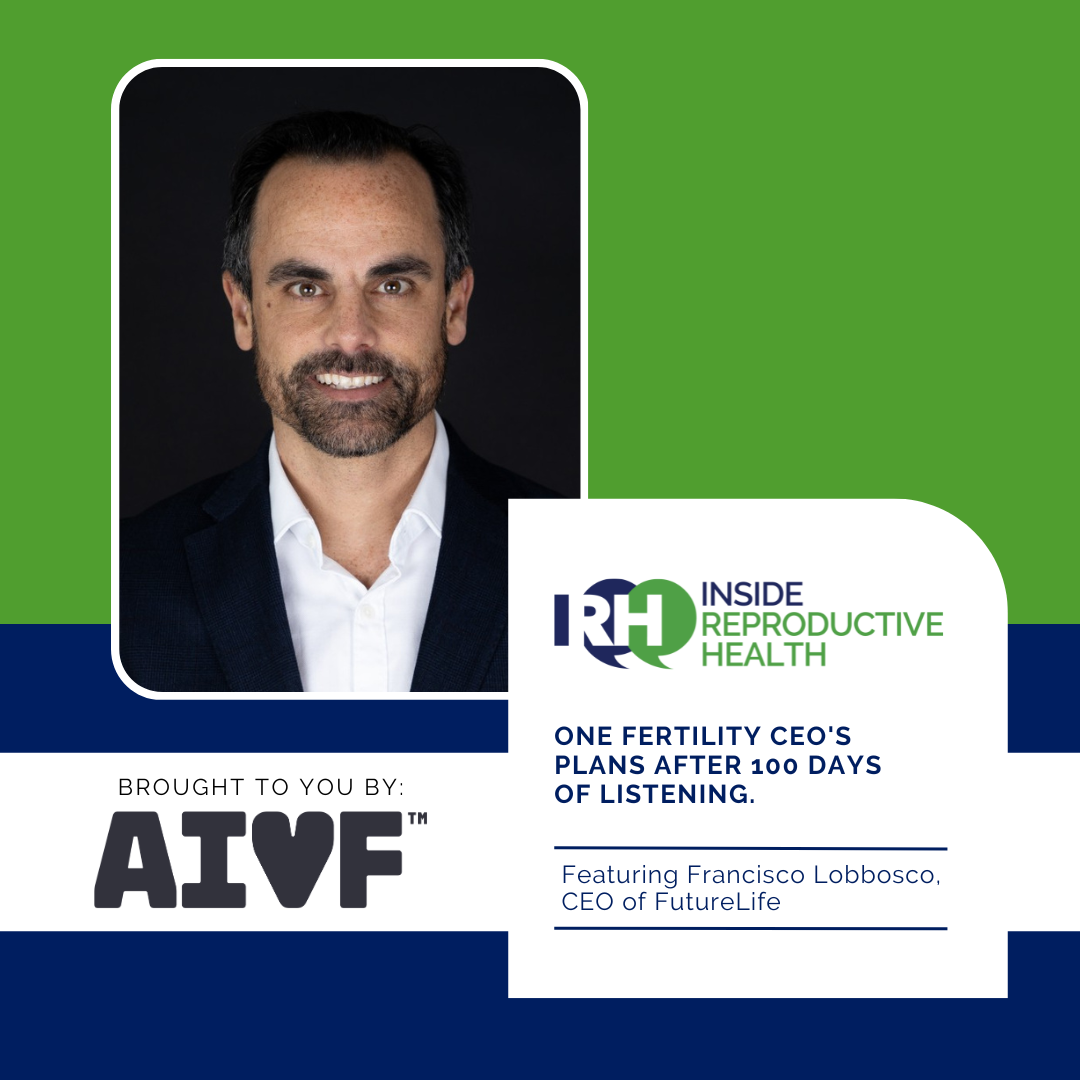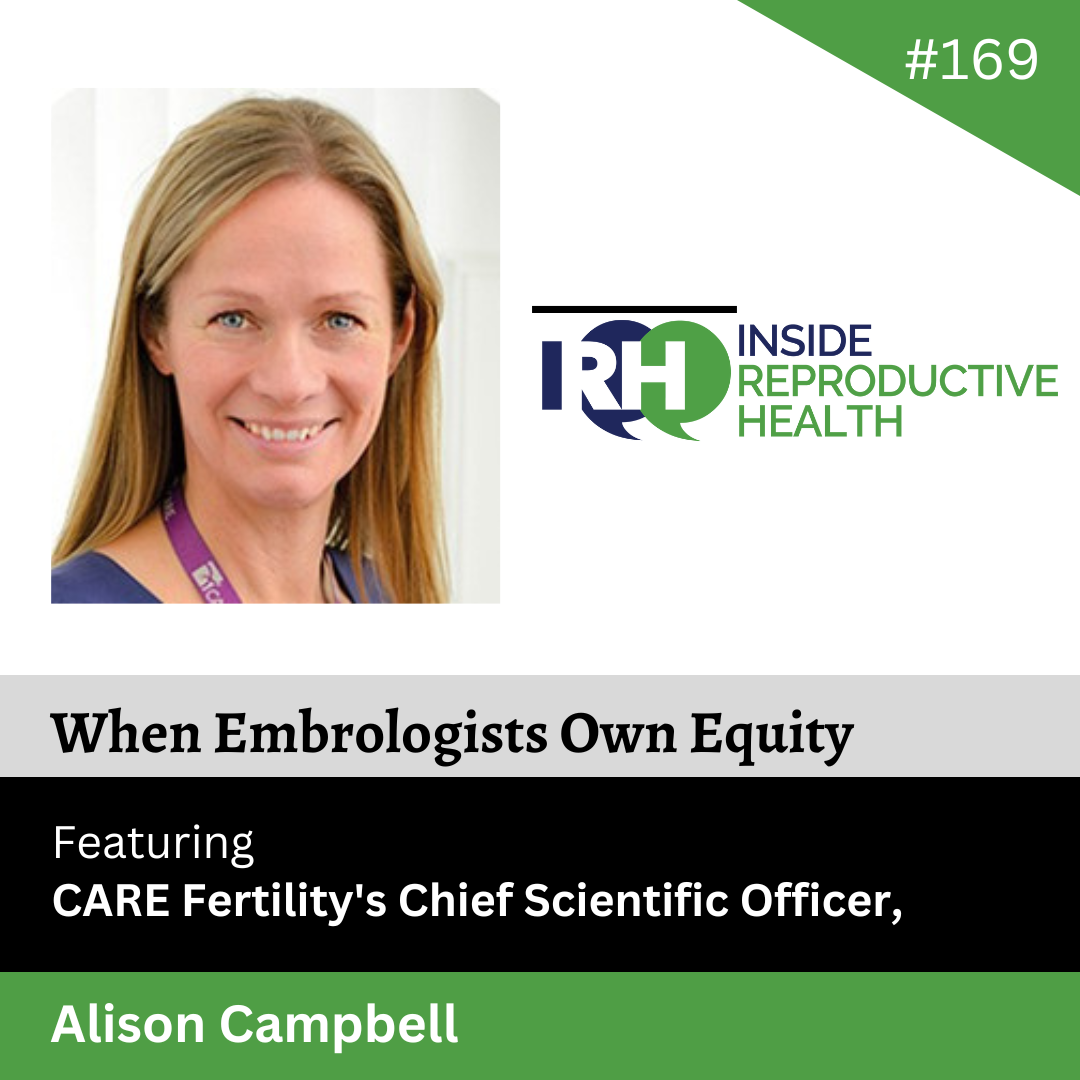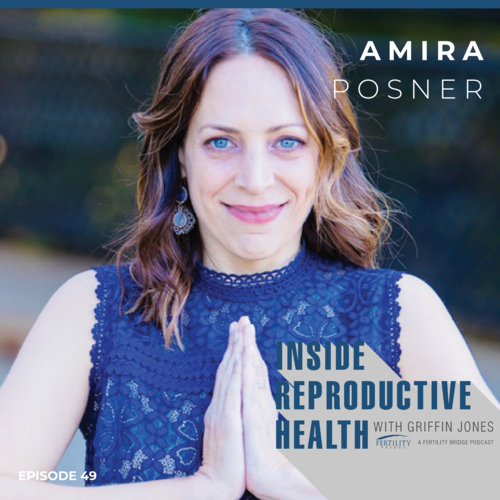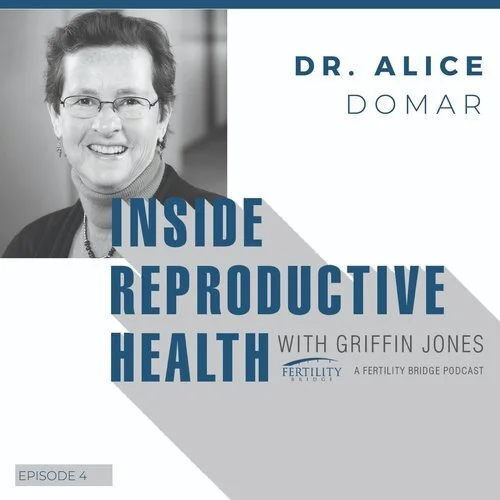International Fertility Care
Despite having the same goal in mind, international fertility care varies from what we know in the US.
Hear the differences and varying issues from fertility leaders around the world.
HRC Fertility is one of the largest providers of Assisted Reproductive Care in the United States. Started in Southern California in 1988, the clinic has grown immensely, serving thousands of patients every year. In 2017, HRC took their success globally, joining forces with Jinxin Fertility and listing on the Hong Kong Exchange. Despite the booming expansion, HRC never forgot its roots: providing quality, personal care for its patients and giving physicians the opportunity to have full control of patient treatment.
On this episode of Inside Reproductive Health, Griffin spoke with Dr. Bradford Kolb, President of HRC Fertility. Dr. Kolb joined the practice in 2001 and worked through the IPO process with his partners, making HRC what it is today. Not only did we talk about the process of going public, but more importantly, we talked about how HRC was able to maintain their patient and physician culture in this rapid phase of growth. He shares the structure of the clinic and what they do to maintain a small practice feel for such a large organization. Plus, Dr. Kolb offers advice for young fellows and physicians entering the world of Reproductive Medicine and what they can do to be successful in the field from both a personal and professional standpoint.
There’s a challenge in finding the balance between keeping both your staff and patients happy. On this episode of Inside Reproductive Health, Griffin gets Dr. Peter Klatsky’s take on managing everyone’s satisfaction while providing a new standard of care. Working with his partners at Spring Fertility in California, their goal is to provide their patients a level of service that isn’t seen anywhere else, all while keeping their employees happy and in for the long haul.
It’s easy to feel like the patient’s journey is confined to the four walls of your clinic, but their journeys extend deep into their lives. Because of this, providing support services, either in your clinic or outside of it, is so important to the mental health of the families you serve. On this episode of Inside Reproductive Health, Griffin talks to Amira Posner, founder of Healing Infertility and the Mind-Body Fertility Group in Toronto, Ontario. With her background in social work and her experience with secondary infertility, Amira set out on a mission to help women going through a similar experience and provide them with the mental health support they need. Together, Griffin and Amira discuss what she does to support her clients and offers advice to providers and support staff on how they can best provide mental health support in their clinics.
With the introduction of the Assisted Human Reproduction Act in Canada, Canadian clinics and families have been struggling to find quality third-party reproduction partners while remaining in accordance with the law. After going through her own journey and learning the challenges of the process, Liz Ellwood decided to make a difference in the lives of hundreds of Canadian families struggling with infertility by co-founding Fertility Match, an agency that matches families with donors. On this episode of Inside Reproductive Health, Griffin talks to Liz about her story and what she is doing to make the third-party reproductive process easier on families in Canada.
To learn more about Liz Ellwood, Fertile Future, and how you can help, visit www.fertilefuture.ca.
Want to learn more about Fertility Match? Visit them at www.fertilitymatch.ca.
The details of the Canadian Assisted Human Reproduction Act can be found at https://laws-lois.justice.gc.ca/eng/act/a-13.4/
To get started on a marketing plan for your company, complete the Goal and Competitive Diagnostic at FertilityBridge.com.
Preimplantation genetic testing has opened up a world of helping families have successful pregnancies. But when does the testing and selection of embryos go too far? In this episode of Inside Reproductive Health, Griffin talks to Dr. Jamie Metzl, author of Hacking Darwin: Genetic Engineering and the Future of Humanity. They discuss the implications of advanced technologies such as the future of embryo screening and gene-editing. More importantly, Dr. Metzl discusses the significance of understanding the coming technologies and how those in the fertility field can help prepare their patients and the rest of the world for these changes.
But think of the differences across the world--it’s hard to fathom! On this episode of Inside Reproductive Health, Griffin Jones and Dr. Alex Quaas give us a glimpse into (literally) the world of fertility. Having practiced in numerous states and countries, Dr. Quaas shares his experiences, diving into the biggest differences in care he witnessed in Europe and here in the USA.
In this episode, Griffin hosts Dr. Joseph Davis, a Reproductive Endocrinologist who saw the need for a fertility clinic in the Cayman Islands and brought his years of experience working in US clinics and his passion for global health policy to a country that never before had this field of medicine. Jones and Davis chat about the world of fertility past the borders of the United States, discussing not only the access to care issues in other countries, but also the traveling of patients from the US to other countries to seek more affordable options, find privacy, or simply relax during the process.
In this episode, host Griffin Jones speaks to Lori Whalen, a RN who currently works at HRC in Southern California as the international IVF coordinator. Whalen speaks across the country about topics such as compassion fatigue, so Jones invited her to discuss the intricacies related to international IVF as well as the ways to combat the compassion fatigue that often accompanies this high-pressure field.
In this episode, Griffin talks to Dr. Alice Domar, a psychologist and the co-creator or Ferticalm and Fertistrong apps. After many studies, Dr. Domar concluded that the infertility practices needed to become more patient centered care in order to reduce the dropout rates of those patients who have insurance. The number one reason for infertility patient dropout is stress. Reducing that stress can help patients to stay in treatment and then in turn help practices to keep business up.

- CEO and C Suite 19
- Fertility Patient Relations 104
- Fertility Practice Management 114
- Strategy 78
- Fertility Genetics 4
- Compliance 36
- IVF Lab 31
- Technology 22
- Nursing Management 11
- Training & Education 10
- Technological Innovation 55
- Practice Ownership 7
- Partnership and Recruitment 51
- Physician Leadership 3
- Private Equity and Venture Capital 35
- International Care 20
- Mergers & Acquisitions 2
- Fertility Marketing 87
- COVID-19 15
Subscribe to get the latest updates and episodes delivered to your inbox.






















